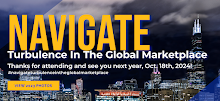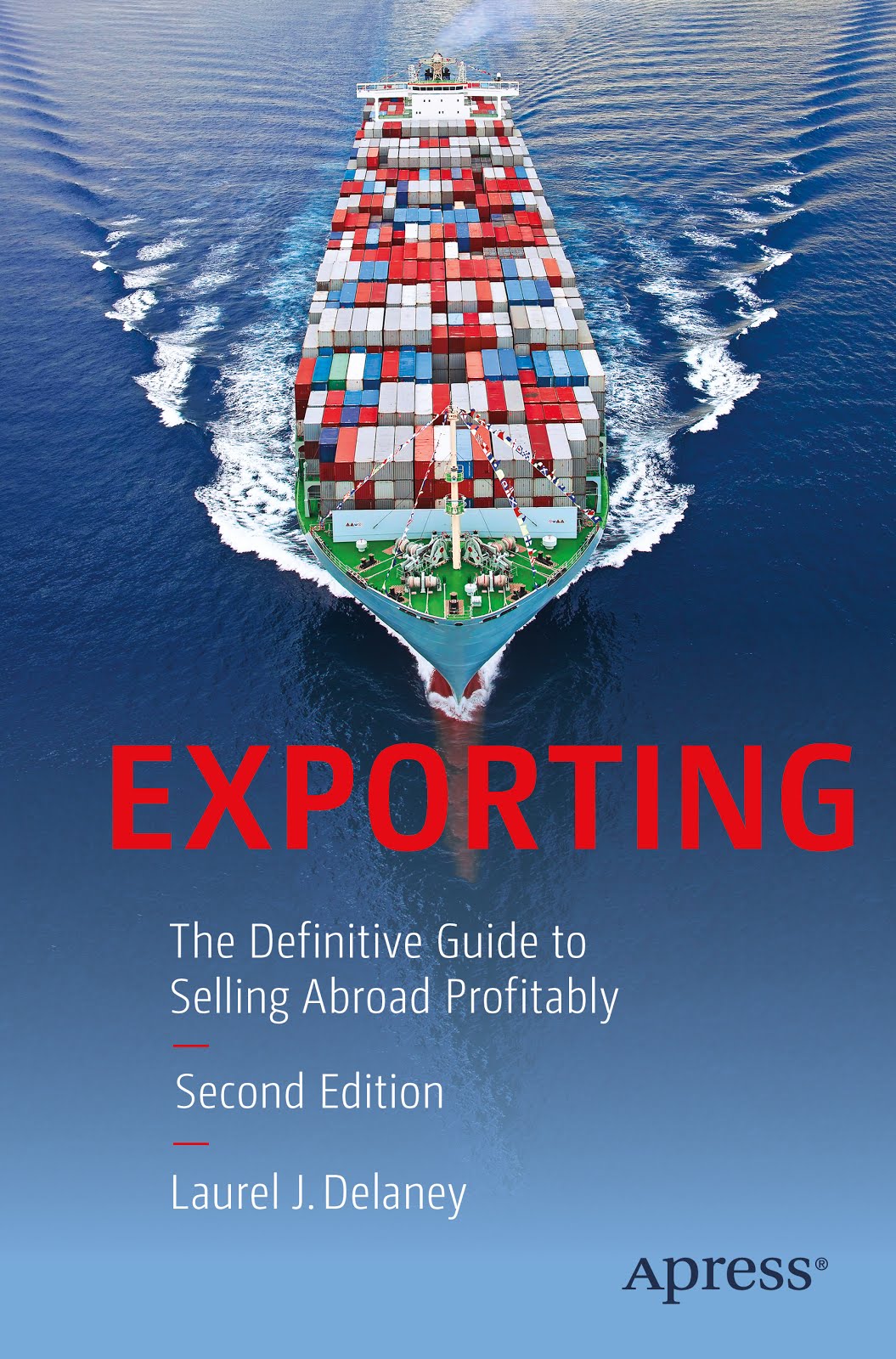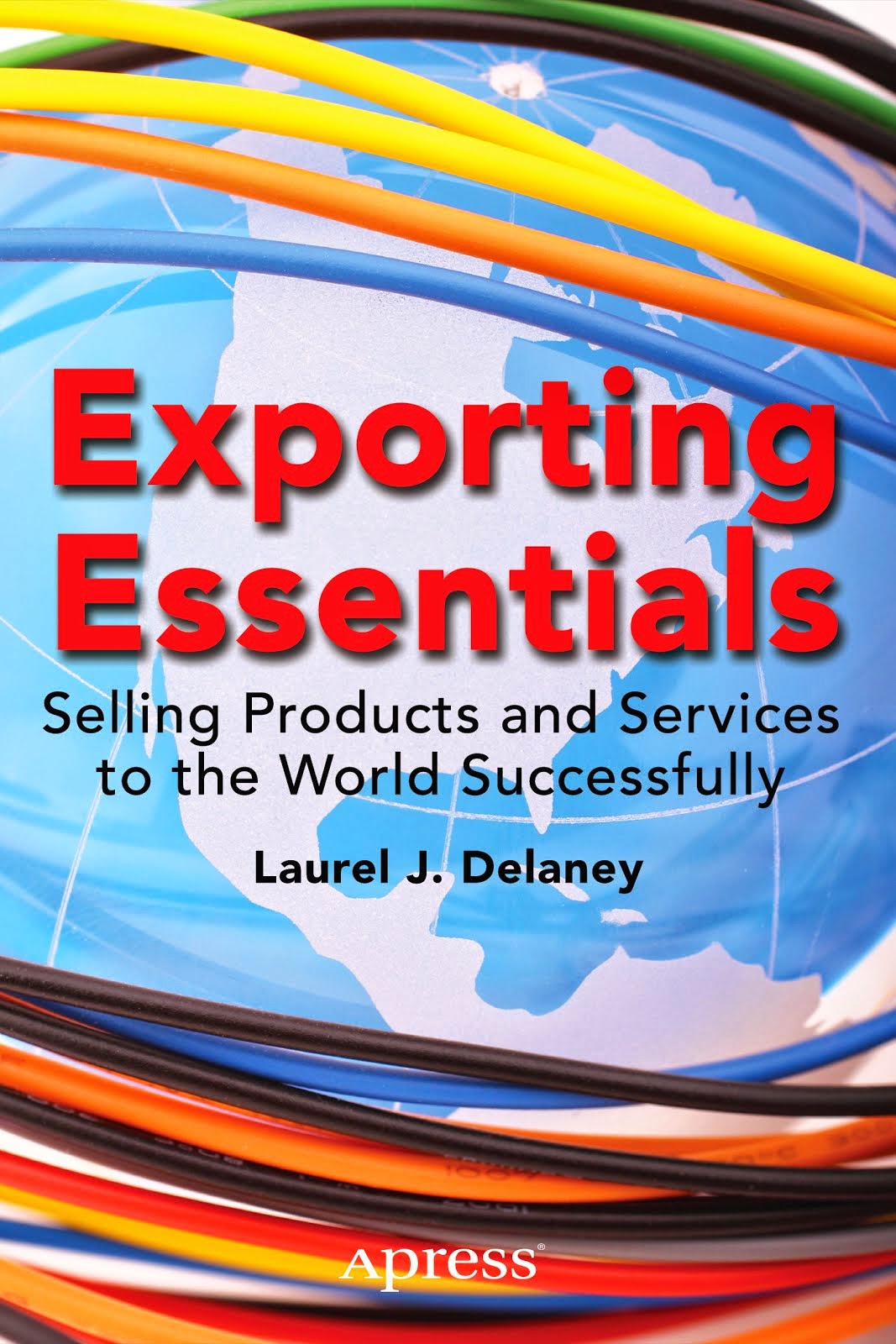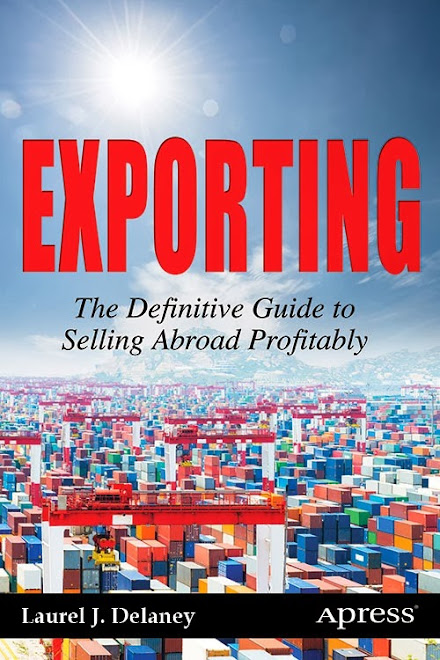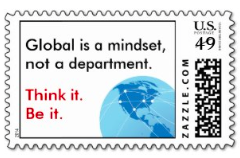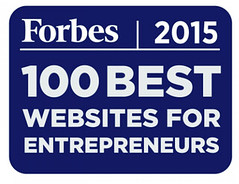 |
| iStock/Thinkstock |
Let's start with identifying the "who's who" on the newly appointed IBOA and work our way through four other fabulous creations that are taking place within the Forum:
1. International Board of Advisors for the World Entrepreneurship Forum
Pictured above from left to right: Yves-Henri Robillard, Director of the World Entrepreneurship Forum; Harold Celms, Director of the Investment and Development Agency of Latvia in France; Geneviève Morand, Founder, Rezonance, Switzerland ; Jack Sim, Founder, World Toilet Organization, Singapore; Jean-Luc Decornoy, Chairman of the Board of KPMG S.A., France; Patrick Molle, President of EMLYON Business School, France; Zoltan Acs, Director of the Center for Entrepreneurship & Public Policy, George Mason University, USA; Laurel Delaney, Founder, GlobeTrade, U.S.A.; Agarwal Nikhil, Director, Europe Asia Business School (EABS), India; Steve Strauss, Founder, MrAllBiz, U.S.A.
Not pictured (Board members who were unable to attend meeting): Inderjit Singh, member of Parliament of Singapore, Nyokabi Njuguna, Founder & CEO, Marketing Strategies & Solutions, Kenya and Kah Walla, Founder & Director, Strategies, Cameroon.
2. New logo -- new identity for the World Entrepreneurship Forum
We are delighted to unveil our new look (as shown above) that reflects a contemporary, clean and crisp design -- in line with our international reputation.
Here's the back story on what the logo symbolizes: The two crossed rings, symbols of the two faces of the earth, illustrate the global reach and strong dualities that give soul to the World Entrepreneurship Forum: Wealth & Social justice, Economic & Social, Sharing & Meeting. The new identity will serve numerous purposes for the World Entrepreneurship Forum. Watch for the many different facets of the logo as we launch a plethora of new initiatives.
Note: If you click on the Board photo, you will see that we did a good job conveying our new logo with our pose -- all interconnected through our arms (linkage) and our hands!
3. Creation of the first "World Entrepreneurship Centres"
Argentina and Singapore are the first countries where regional chapters of the World Entrepreneurship Forum will be created. These chapters, directed locally by members of the think tank, will gather throughout the year with local entrepreneurs and decision-makers who will debate global issues relative to their vision and experience of the local reality. These centres will be identification branches, observe best practices and will feed the debates carried out on a global level.
4. Publication of White Paper, synthesis of the conclusions of the 2009 edition of the World Entrepreneurship Forum
This first White Paper, “How can governments support the development of the entrepreneurship?," is the official synthesis of the 2nd edition of the World Entrepreneurship Forum which was held in Lyon in November 2009 and gathered together 80 personalities of 40 different countries, selected for their entrepreneurial success and their contribution to the society. The White Paper will be distributed globally to entrepreneurs, governments, decision-makers and media in order to promote policies to support types of entrepreneurship that gave results in various countries.
To access the White Paper, please visit: http://www.world-entrepreneurship-forum.com
5. Five Junior Forums in 2010
The Junior Forums, organized from June 28-July 2, aim at preparing the exchanges of the World Entrepreneurship Forum. These Junior Forums are organized by and for students, the entrepreneurs of tomorrow. Five countries will organize Junior Forums in 2010: China (Shanghai), Singapore, India (Pune, the biggest student city in the country), Morocco, and France (Lyon). The organizing students will invite personalities from the field of entrepreneurship, social entrepreneurship, from governments and the academic world to exchange ideas on the topics of the World Entrepreneurship Forum, and share their own recommendations.
The third edition of the World Entrepreneurship Forum will be held in Lyon, France from November 3-6, 2010. Its main theme will be: “Creating and developing high growth companies." Watch for more information about this program coming soon here at our blog.
Note: Full disclosure, Laurel Delaney serves on the International Board of Advisors for the World Entrepreneurship Forum.
Posted by: The Global Small Business Blog
































